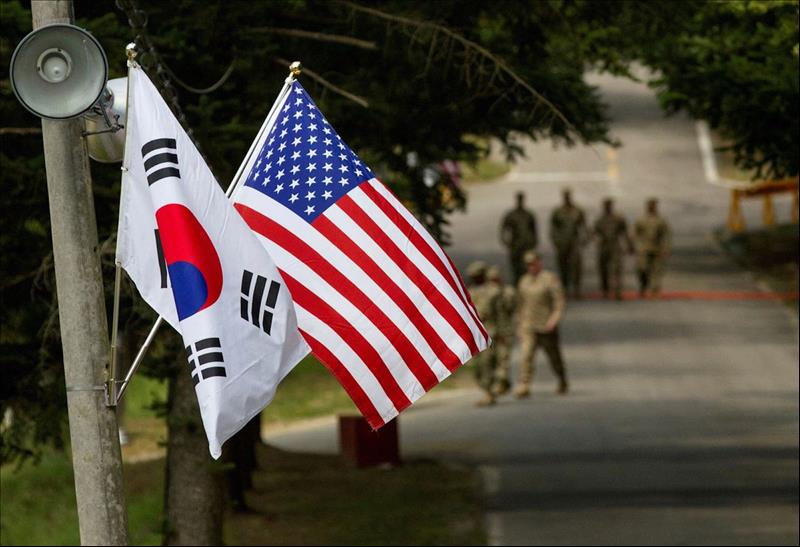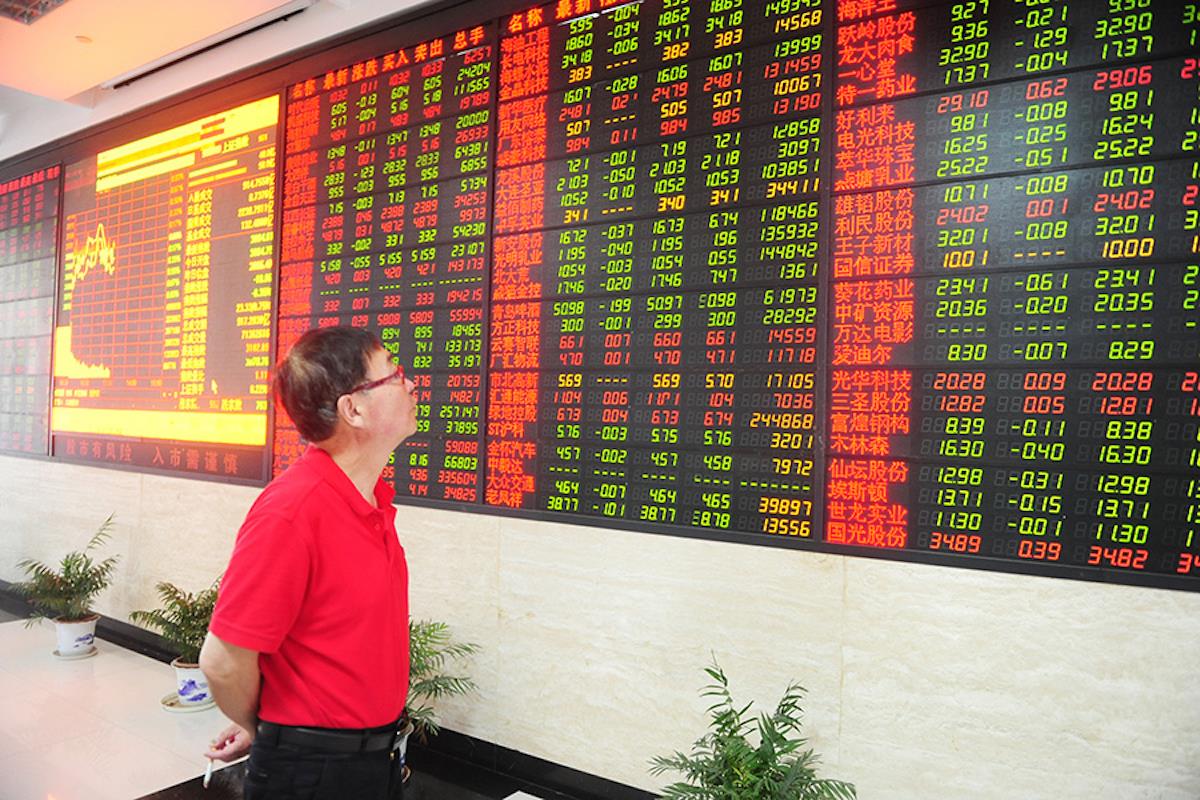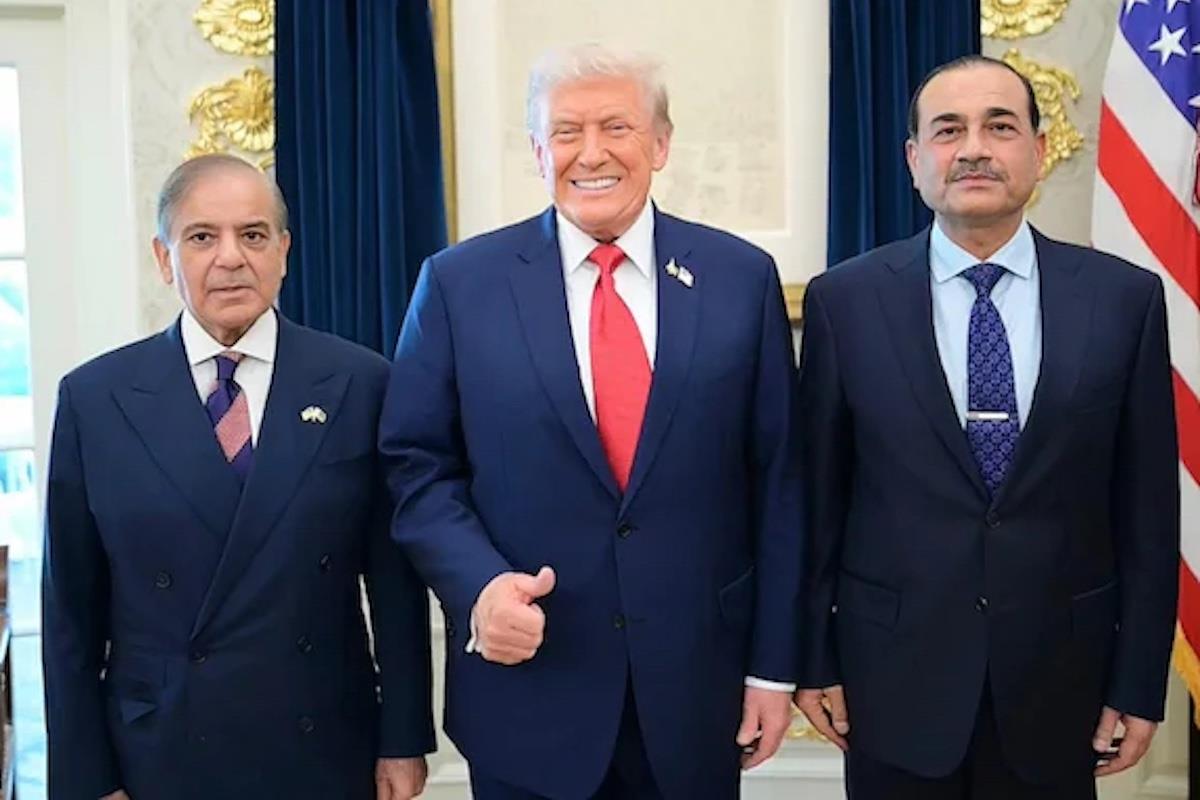
Curtains For The US-Korea Military Alliance?
Since the signing of the Mutual Defense Treaty in 1953, the alliance has not only deterred war on the Korean Peninsula but also anchored America's strategic posture in Northeast Asia. Yet recent political developments in both Washington and Seoul raise the sobering question of whether the alliance is nearing a historic inflection point.
South Korean President Lee Jae-myung's Armed Forces Day speech, delivered with all the symbolic weight such an occasion demands, reaffirmed the“solidity” of the alliance with Washington.
But embedded within his rhetoric was a powerful subtext: a call for South Korea to build a strong, self-reliant military capable of standing on its own in a volatile region. In hindsight, Lee's words may be remembered as the beginning of the gradual unraveling of a partnership that has defined East Asian security for more than seven decades.
The Trump shockAt the heart of this emerging transition lies the shifting nature of US foreign policy under President Donald Trump's“America First” agenda. For decades, Washington presented itself as a consistent and reliable security guarantor.
But Trump's transactional approach to alliances – marked by tariffs, repeated threats to withdraw US troops and demands for dramatically higher host-nation support – has shaken confidence in America's staying power.
In Seoul, anxiety is growing that Washington may one day downsize its 28,500-strong troop presence or dilute its commitment to the“nuclear umbrella” that deters North Korean aggression.
Unlike its northern adversary, South Korea lacks nuclear weapons and has depended for generations on the credibility of US extended deterrence. However, the perception that Washington's resolve is increasingly contingent on financial contributions and its global competition with China has eroded public trust.
For many South Koreans, Trump's approach marks a stark departure from the alliance's founding principles of mutual sacrifice and shared security, introducing an element of doubt that may prove difficult to overcome.
Stressed allianceThe constraints facing Seoul go well beyond trade and North Korea. On issue after issue, Washington has pressed South Korea in ways that suggest an alliance increasingly skewed toward US strategic and economic interests, with little regard for Seoul's domestic and security dilemmas.
Washington's insistence on sharply increasing Seoul's financial contributions to maintain US forces in Korea has been a major flashpoint. Demands as high as $10 billion annually have been floated, a figure that would impose a crushing burden on an economy projected to grow less than 1% this year.

Legal Disclaimer:
MENAFN provides the
information “as is” without warranty of any kind. We do not accept
any responsibility or liability for the accuracy, content, images,
videos, licenses, completeness, legality, or reliability of the information
contained in this article. If you have any complaints or copyright
issues related to this article, kindly contact the provider above.
Most popular stories
Market Research

- Financewire And Tipranks Partner To Redefine Financial News Distribution
- Ethereum-Based Defi Crypto Mutuum Finance (MUTM) Reaches 50% Completion In Phase 6
- Stonehaven Circle Marks 13Th Anniversary With Hadrian Colwyn Leading Calvio Ailegacyx Innovation
- Citadel Launches Suiball, The First Sui-Native Hardware Wallet
- Motif AI Enters Phase Two Of Its Growth Cycle
- Dubai At The Centre Of Global Finance: Forex Expo 2025 Redefines The Trading Landscape























Comments
No comment